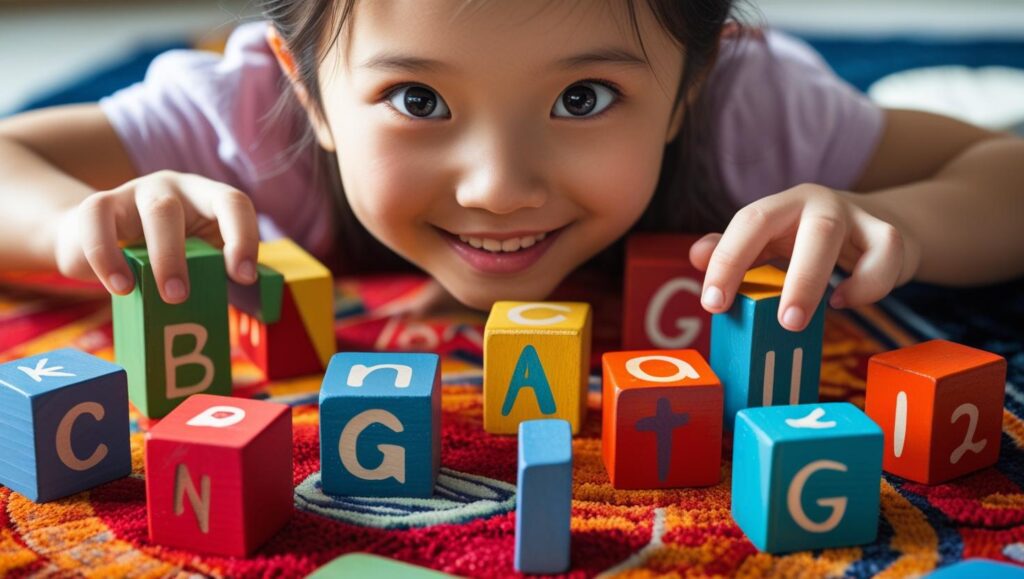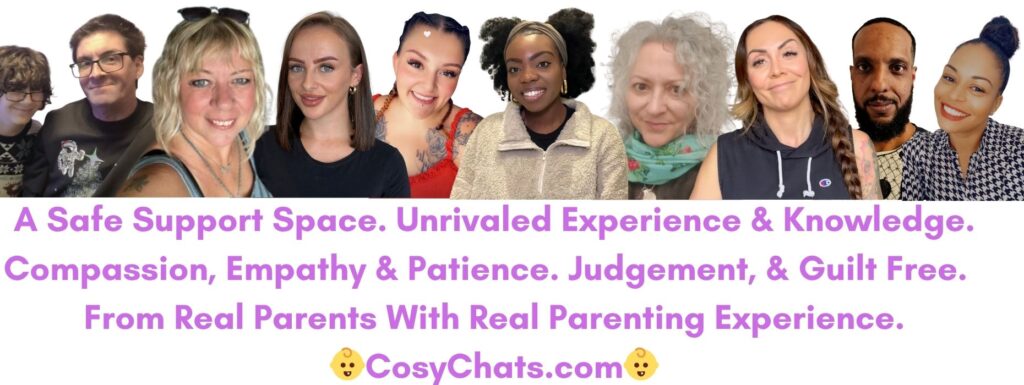Did you know that kids tend to absorb and retain more information when they’re having fun?
KIDS LEARN MORE WHEN THEY’RE HAVING FUN! This idea that learning and fun are separate isn’t just wrong—it can be harmful. It can turn learning into a chore, creating stress around the very act of discovering new things. It teaches kids that their natural instinct to explore, create, and imagine is somehow less important than their ability to sit still and memorize.
😟😟 Are You Drowning in Parenting Chaos? Scroll to bottom for help 😟😟
Learning seems outdated.
Schools seem outdated, why is that?
Is it because modern life has so many distractions for children. So many interactions that school is left behind. Is school too boring for many children now. Are their brains wired by technology and their attention span dropped so much actually paying attention is difficult. KIDS LEARN MORE WHEN THEY’RE HAVING FUN! Yes but it can’t be fun all day there has to be a balance.
KIDS LEARN MORE WHEN THEY’RE HAVING FUN!
Think of it this way: a child’s brain isn’t an empty bucket waiting for us to pour knowledge into it. It’s an active, living organ that grows and rewires itself based on experience. Here’s a mind-blowing fact: between birth and age five, a child’s brain is a powerhouse, forming over a million new neural connections every single second. And the primary driver of these connections? Rich, sensory, and engaging experiences. In other words, play. We have to challenge the old-school divide between play and school. The science is clear: better learning happens when the experience is enjoyable and connects to a child’s real life and interests.
So how do parents encourage play?
The good news is, you don’t need expensive toys or complicated lesson plans. It’s about shifting your mindset.
First, fiercely protect unstructured free play. In our over-scheduled world, free time is the first thing that gets cut. Fight that impulse. Remember that when your child is “just” playing, they’re doing the critical work of building their brain’s command center. This is where they learn to negotiate, create, solve problems, and manage their own feelings without an adult hovering over them. So let your children play. Give them time and space to play. Make playtime a part of your day. KIDS LEARN MORE WHEN THEY’RE HAVING FUN!
Second, become a fan of guided play. It’s the perfect bridge between pure fun and academic goals. Do a “number hunt” around the house. Instead of just writing letters, get out some play-doh and build them. A 2022 analysis confirmed that this approach is incredibly effective for building key skills. The secret is to keep it light and let the child lead, gently steering them without taking over the game.
Third, and this is the most important one, change how you see play. The next time you see your child lost in an imaginary world, or giggling as they build and knock down a tower, just pause. Remind yourself of the incredible concert happening inside their brain. Dopamine is firing, locking in motivation and memory. New pathways are being forged in their prefrontal cortex, building the foundation for a lifetime of resilience. You are not watching a break from education; you are witnessing education in its most powerful, primal form.
So hopefully you can see the benefits of play and are thinking of creative ways you guide your child without taking over.
Play isn’t just for younger children older children can learn so much through play.
Think of card games, CHESS, strategy games that teach patience, forward thinking, strategy these are great skills to have in life. Think DARTS for adding and math skills. My son learns without even knowing it. There are endless ‘name the flag’ ‘guess the country’ videos that are teaching and having fun. Playing these together is great fun and ME and my children have learnt through these. Imagine just opening a book of flags and being asked to memorize them. Pointless. KIDS LEARN MORE WHEN THEY’RE HAVING FUN! (and adults 🙂)
KIDS LEARN MORE WHEN THEY’RE HAVING FUN!
So, it’s clear: fun isn’t a distraction from learning. It’s a non-negotiable ingredient for it. From the dopamine that makes lessons stick to the literal growth of the brain’s command center, play is truly the most important work of childhood. By embracing it, we aren’t just creating happier memories; we are helping to build better, more flexible, and more brilliant brains.
The science why KIDS LEARN MORE WHEN THEY’RE HAVING FUN!
So, what’s really going on in a child’s brain when they’re having fun? Why is play such a super-catalyst for development? It all comes down to brain chemistry and how the brain literally builds itself.
First, let’s talk about the brain’s “motivation molecule”: dopamine. Dopamine isn’t just about feeling pleasure; its role in learning is much cooler than that. It’s what fuels our curiosity and attention. When a child is deep in a fun activity—like finally figuring out how to balance a block or laughing during a game—their brain releases dopamine. Dr. Martha Burns, a neuroscientist of learning, explains that this dopamine hit essentially tells the brain: “Hey! Pay attention! This is important stuff, you should remember it!” It’s like a neurochemical highlighter that makes information stick, motivating the child to do it again and locking in the lesson.
Next up is the amazing process of neuroplasticity. This is the brain’s ability to rewire itself by forming new connections. A child’s brain is in a state of hyper-plasticity, and play is the master architect. As researcher Sergio Pellis puts it, the experience of play physically changes the connections between neurons in the front of the brain. Without play, those neurons just don’t get wired the same way.
This growth is especially vital in the prefrontal cortex—the brain’s CEO. This area handles all the big “executive functions”: planning, problem-solving, self-control, and focus. When kids are deep in unstructured play, they’re giving this part of their brain a serious workout. They have to negotiate rules with friends, manage their frustration when a tower topples, and plan their next move in an imaginary world. This isn’t just fun and games; it’s a high-level cognitive training session that builds a bigger, faster, and more efficient prefrontal cortex.
Finally, play dramatically impacts a child’s emotional state, which is directly tied to learning. Playing with others releases oxytocin, the “bonding hormone,” which builds empathy and social skills. Play is also one of nature’s best stress-busters. It lowers levels of the stress hormone cortisol, which can block learning and memory. When a child is happy and relaxed, their brain’s information highways are wide open, ready for learning to flow in freely and joyfully.
😟😟Are You Drowning in Parenting Chaos?😟😟
PARENTING IS HARD, IT’S OKAY TO ASK FOR HELP!
⏩ We have LIMITED FREE SPACES for our Start-Up COSYCHATS.com.
🙌 Whether you’re a new or established parent we ALL need help. We offer Guilt/Judgement Free, Confidential, Supportive, Tailored 1-2-1 CosyChats, with Experienced and Knowledgeable REAL Parents.
📞 Please WhatsApp or Message us and we will arrange everything for you. If you prefer you can visit COSYCHATS.com and book directly.
🦺 Cosychats Support Sessions are provided via Zoom (or the like) for your comfort and from your chosen safe space. No personal details are required
👵 Parents on CosyChats have a wide experience and knowledge and can assist in many different areas. They can listen, hear you, share their experience and knowledge or just be a listening ear and shoulder to seek comfort from.
❤️🩹 We hope you enjoy and benefit from this service. If you require any further information please message us. Kind Regards CosyChats.com Free spaces are limited subject to approval.
We’re passionate about parenting and being the best parents we can for our children. People say children grow up so quickly, and its SO TRUE but also Years fly but days can drag. We know and understand parenting and want to share our experience and knowledge to help you.
SO WHAT ARE YOU WAITING FOR.
Find the right parent (CosyChatter) for you book a session and start the chat.
Contact US
If you need any help at all please email us at contact@cosychats.com or message us through our socials.


